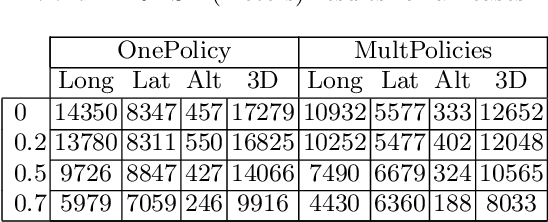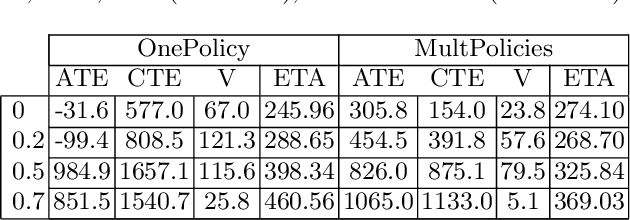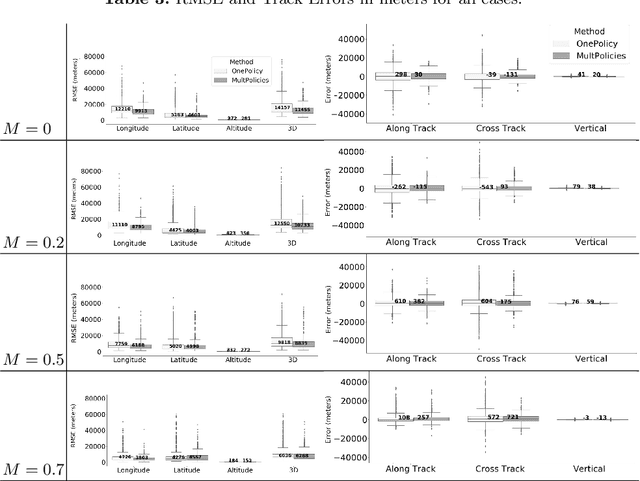Data Driven Aircraft Trajectory Prediction with Deep Imitation Learning
Paper and Code
May 16, 2020



The current Air Traffic Management (ATM) system worldwide has reached its limits in terms of predictability, efficiency and cost effectiveness. Different initiatives worldwide propose trajectory-oriented transformations that require high fidelity aircraft trajectory planning and prediction capabilities, supporting the trajectory life cycle at all stages efficiently. Recently proposed data-driven trajectory prediction approaches provide promising results. In this paper we approach the data-driven trajectory prediction problem as an imitation learning task, where we aim to imitate experts "shaping" the trajectory. Towards this goal we present a comprehensive framework comprising the Generative Adversarial Imitation Learning state of the art method, in a pipeline with trajectory clustering and classification methods. This approach, compared to other approaches, can provide accurate predictions for the whole trajectory (i.e. with a prediction horizon until reaching the destination) both at the pre-tactical (i.e. starting at the departure airport at a specific time instant) and at the tactical (i.e. from any state while flying) stages, compared to state of the art approaches.
 Add to Chrome
Add to Chrome Add to Firefox
Add to Firefox Add to Edge
Add to Edge